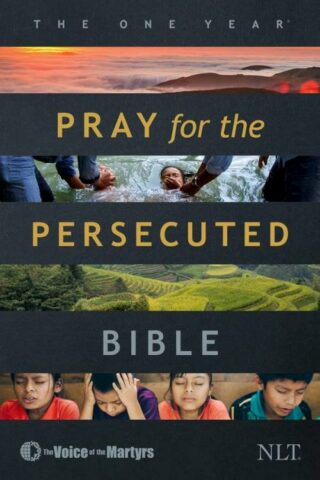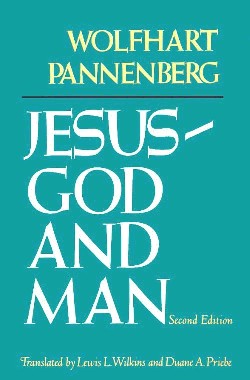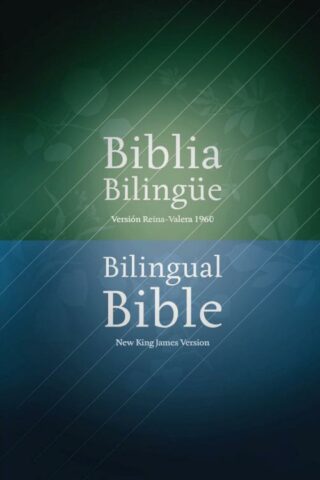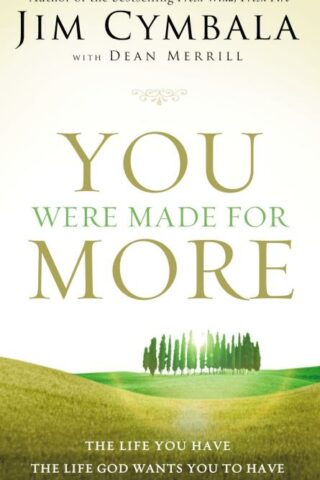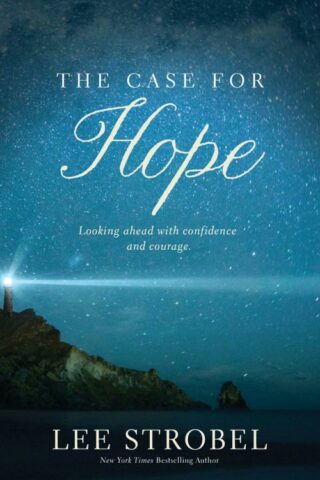Wolfhart Pannenberg
Showing the single result
-
Jesus God And Man
$52.00This highly acclaimed work demonstrates Wolfhart Pannenberg’s belief that at the heart of every Christian theology lies its teaching about Jesus Christ. The second edition, available for the first time in paperback, contains an Afterword in which the author reviews other theologians’ responses to his thesis and methodology and shows the progression of his own interpretation.
Add to cartin stock within 3-5 days of online purchase


